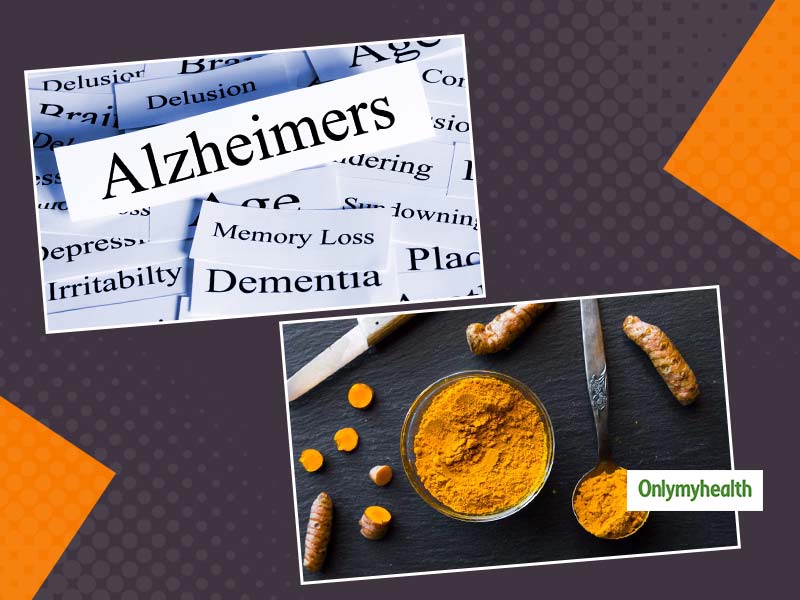
What is Alzheimer's Disease? Do you know that Alzheimer's is the most common form of dementia? Yes, and dementia is a general term for memory loss and other cognitive abilities which can be severe enough to affect daily routine activities. It is a slowly progressive disease, and symptoms worsen over time. It starts with the development of memory loss, forgetting things and eventually their cognitive abilities like behaviour and perception towards the environment deteriorates. Women are likely to be at more risk than men due to hormonal changes that happen at the time of menopause which is a contributing factor to this.
Table of Content:-
Pathophysiology and Management of Alzheimer Disease (AD)
Alzheimer is described as a neurodegenerative condition which is composed of various insoluble plaques called beta-amyloid peptides and ultimately death of brain cells. These peptides often clump up to form senile plaques which disrupt normal brain cell functioning. It is found that healthy people develop some amount of the peptides, but people with AD tend to generate much higher quantity which disrupts communication starting from memory cells and then spread to other parts of the brain. As of now, no curative therapy is available for Alzheimer’s patient. Drugs are administered to manage symptoms and to improve quality of life.
Also Read: Diet For Preventing Alzheimer’s, Know From Nutritionist What To Add and Avoid
How Can Curcumin Help?
Curcumin- the active compound in turmeric is a promising candidate that can prevent and manage the symptoms effectively. Various studies suggest that curcumin can give direct effect in decreasing the amyloid pathology. Curcumin is known to have antioxidant, anti-inflammatory, hemostatic and anti-amyloid properties.
- Antioxidant properties: There are various studies suggest that oxidative damage plays an essential role in the pathogenesis of AD. Elevated levels of oxidative forms of different organic molecules like lipids, carbohydrates, proteins have been observed in cerebrospinal fluid, blood or urine of AD patients. Curcumin is a potent antioxidant and can cross Blood-brain barrier (BBB) which inhibits lipid peroxidation in membranes and prevents the cell death oxidative damage in fibroblasts.
Also Read: Do You Feel Dizzy When Standing Up Suddenly? You Are Prone To Getting Dementia

- Anti-inflammatory Effects: Researches done by investigators have demonstrated that curcumin inhibits lipoxygenase and cyclooxygenase two enzymes that are responsible for the formation of pro-inflammatory leukotrienes, prostaglandins and thromboxanes. It also inhibits Ap-1 mediated transcription and nitric oxide accountable for cytokine formation and inflammation.
- Anti- Amyloid Properties: Curcumin appears to have immediate effects on A aggregation in addition to its antioxidant, anti-inflammatory and platelet accumulation inhibiting properties. Curcumin inhibited formation and extension of A fibrils and destabilized preformed A.

Dr Saurabh Arora, Founder of Snec30 and Managing Director, ARBRO Pharmaceuticals Pvt. Ltd. explains, “Typically the turmeric found in our kitchens has only about 3-5% of curcumin and would need to be taken in substantial quantities to derive its benefits. Snec30 instead is a 30mg capsule packed with benefits of curcumin and no side effects even if consumed in large quantities. The capsule is easily absorbable at a rapid pace, providing faster and instant action on any disease or problem.”
Conclusion
It is estimated that 44 to 50 million population of India have one or other kind of dementia out of which 4 million have Alzheimer’s. This disease mainly grabs the people of age above 60, and septuagenarians mostly occupy the Indian population due to fact Indians live longer. Therefore every individual must be aware of its pathophysiological changes that happen in brain cells due to this disease.
Read More Articles in Other Diseases
How we keep this article up to date:
We work with experts and keep a close eye on the latest in health and wellness. Whenever there is a new research or helpful information, we update our articles with accurate and useful advice.
Current Version